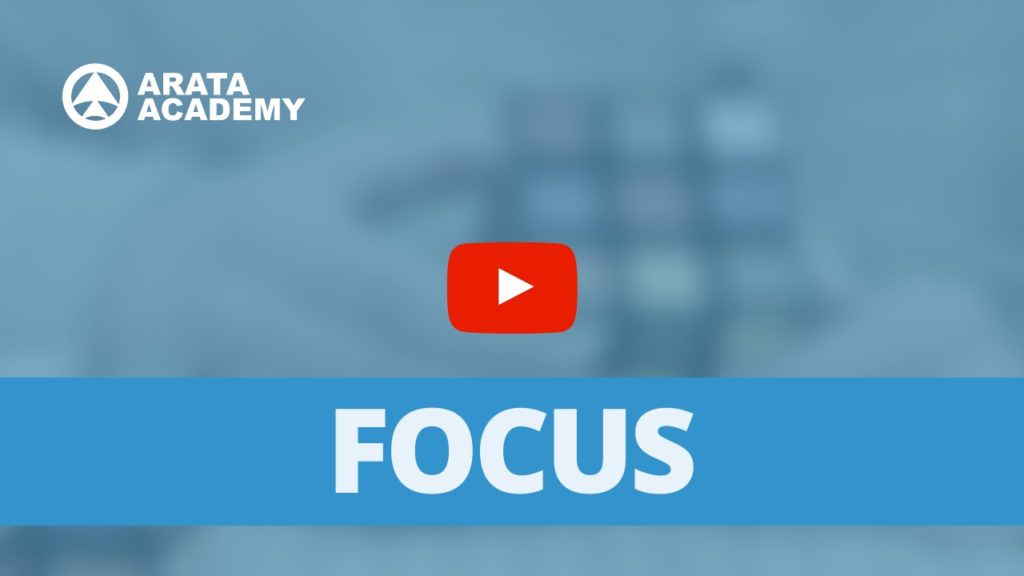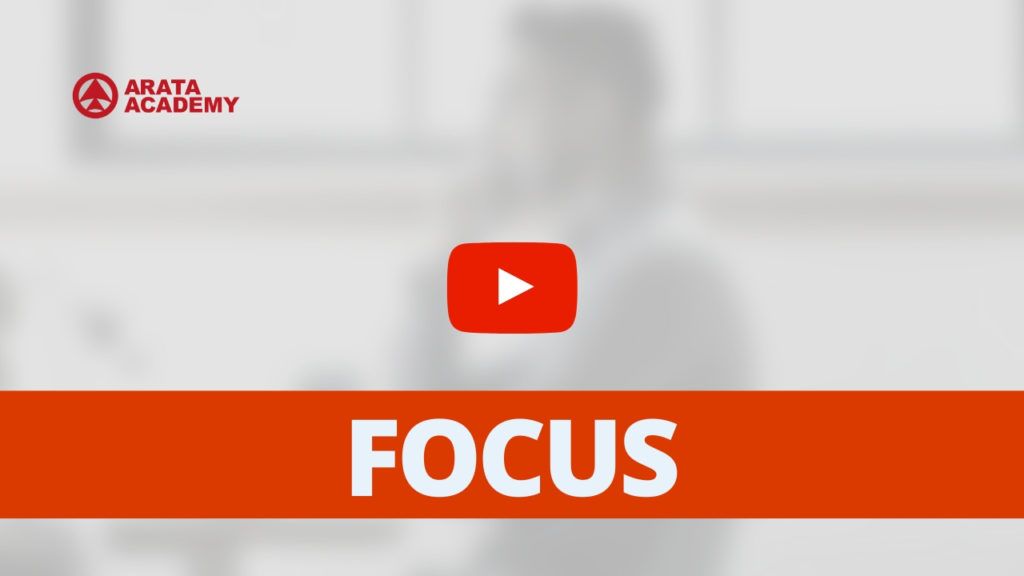Hello! Seiiti Arata. They say Ernest Hemingway is the author of the phrase, “Write drunk, edit sober.” Apparently, this is one of the false quotes circulating on the internet, and even the writer’s granddaughter confirms that he never wrote while drunk.
So we should treat this phrase as a metaphor, something that is not meant to be taken literally.
1. Stop glorifying drinking!
With respect to drinking alcohol, always remember that there are boundaries between what is healthy and what’s not. People who have problems with alcohol should obviously seek help.
We do not want to glorify the idea of getting drunk. Those who know people with alcohol abuse problems know how devastating this can be. I had a problem with alcohol when I was twenty-something, and I speak from experience. It’s a bit stupid romanticizing drinking.
Also, drinking does not make a person highly creative. If you hear about a great writer who drank while writing, it wasn’t the alcohol that made her great, but the mere fact that she was constantly writing and seeking to improve.
Let’s get rid of this idea that we need to be half crazy, drunk or in an altered mental state to be creative.
It is true that great artistic works were produced from suffering and strong emotions. This does not mean we have to replicate these conditions to get creative.
But what if we interpret the phrase “Write drunk, edit sober” metaphorically? What does that mean?
2. Separate the phases of creation and revision.
We want to understand that there are two distinct stages in the creative process: the creation and editing.
In creation, freedom is very important. We do not want to be too self-critical, because it hinders us. Imagine if we criticize every thought we have…we are left with analysis paralysis.
Many good ideas only come after a stream of weak ideas. Let your mind flow, even if the first results are not what you’re after.
The second phase of the creative process is critical analysis. That’s when we improve and refine. We fix the problems and eliminate what is not good quality. This is the editing phase.
“Write drunk, edit sober” would then be a way of saying that we should create freely and review carefully.
3. Do not rely on the muse.
There is a myth that to produce something creative, you need an inspirational muse. This is an external resource that should appear on demand when you sit down to work.
This feeds the illusion that we need to be drunk to create. A reasonable person knows that it makes no sense to hand over control of his life to unpredictable external elements.
When we look at some creative professional who does amazing things effortlessly, it seems like some kind of mystical talent is involved. The fact is, we don’t know the amount of training that led up to that level of excellence. It wasn’t effortless, at all.
When we read the work of a great writer, we believe he took advantage of creativity beyond our powers of comprehension. So the idea of writing drunk seems to make sense. No sober person could be so creative!
But that is not true. Writing is a job like any other, and visible talent is the result of great dedication and commitment, and also practice to refine the skill.
It is childish to want creativity without having to pay the price for it, without committing to the tens of thousands of hours needed to refine the skills to make talent flourish.
Creative work is a serious job like any other.
Anyone who waits around for inspiration—a muse—to work and to produce, is someone who relinquishes control of the creative process.
4. Do not seek perfection on the first try.
If you want perfect results on the first try, you’ll probably procrastinate. Or you’ll be paralyzed; you will not try to do anything, because it’s practically impossible to get it right the first time.
Don’t confuse your identity and the quality of your work. You are not your job. If you produce a first draft that is of poor quality, that does not mean you are unprofessional or a bad person. Do not assign identity based on your work.
Many people take the idea of writing drunk and editing sober literally. Remember that alcohol and other mind-altering substances can destroy our lives and the lives of those around us.
Even when we understand that “write drunk” is a metaphor, the impression that creativity is something beyond our normal range needs to change. Always remember that creativity is the result of work and effort.
Art is a job that needs dedication. Getting high will not make you more creative. It only helps you believe in the illusion that you are more creative.
Believing that creativity appears as a muse is a childhood dream. You want something for nothing.
If you want to be creative, stop looking for shortcuts and clichés. Get your hands dirty and start practicing now!
You will probably be dissatisfied with your first results. Continue refining, continue improving, continue editing. It is the continuous improvement that will help you.
For this, focus and involvement are valuable resources. If you have difficulties with commitment and focus, know that our FOCUS course was created precisely as a first step. The FOCUS course is different from our advanced courses in that you can complete it in one day. So visit the http://arata.se/focuscourse link and register today.

